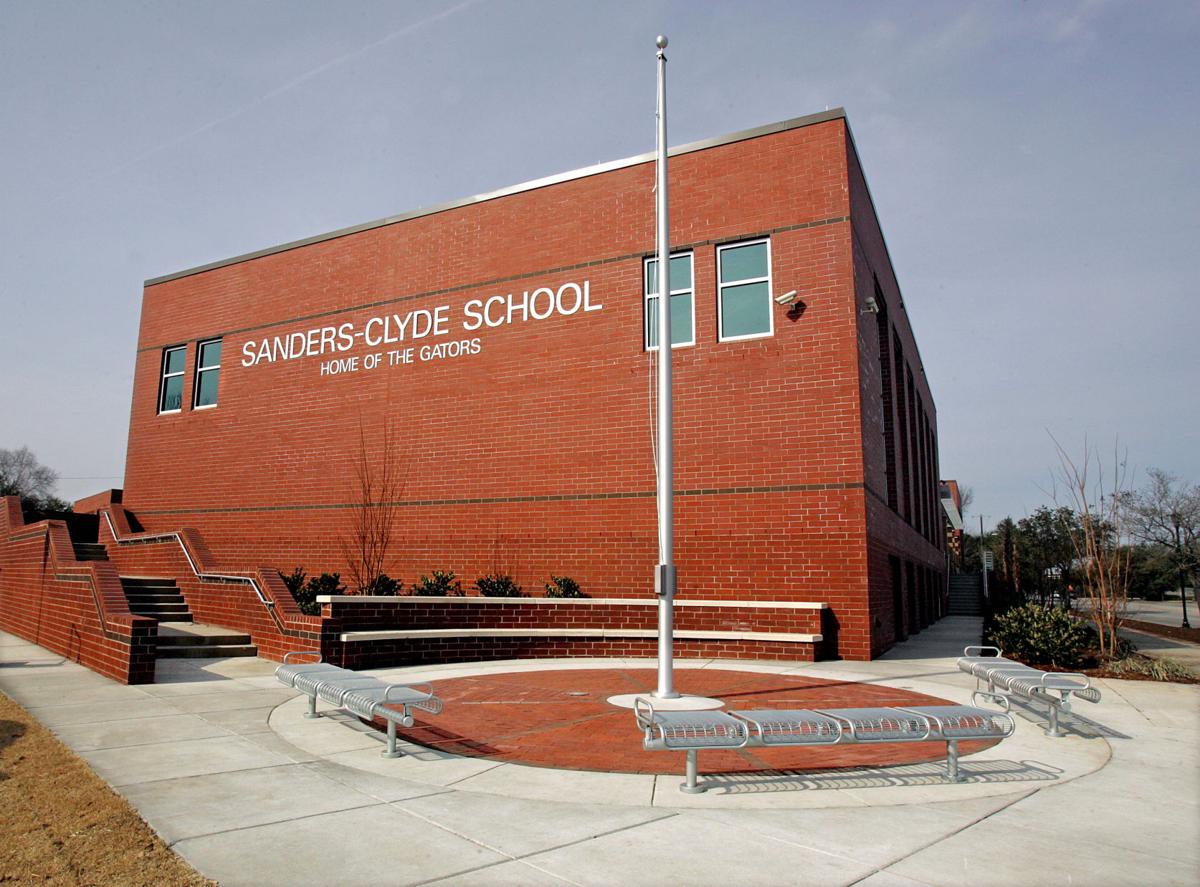Maybe others hold similar opinions. Maybe each is afraid to speak out for fear of losing a job. Maybe. For sure, the present Charleston County Superintendent of Education isn't one of them.
Educational experimentation has stalked victims for decades. We've had teaching sets instead of multiplication in elementary math; allowing misspelling without correction, even dropping phonics entirely in reading and grammar in writing. As Jody Stallings explains, experiments have taken on a whole new dimension.
Teacher to Parent - Generation Guinea Pig
By Jody Stallings Special to the Moultrie News May 31, 2017 (0)
Q. I see a lot of things that concern me about my child’s education. Things seemed to make a lot more sense when I was in school. How is it different for Generation Z, and what is their prognosis?
A. This generation could end up as the smartest, most successful generation in our history. Or it could end up in a grotesque disaster of epic proportions. It will be a long while before we find out. That’s because today’s students are being treated as subjects in one risky experiment after another, and no one can know where it will all lead.
A more appropriate name for Generation Z might be Generation Guinea Pig. Consider just a few of the experimental shifts in education during the last decade:
Schools sink billions into the latest screen technologies like iPads as substitutes for traditional teaching methods. Coupled with loosening the restraints on Smartphone usage during school hours, this has caused an explosion in the amount of time our children interact with screens. While providing zero evidence of an increase in learning, a stream of deepening research warns of dire consequences for students in our rush to screen proliferation.
School districts are rolling back the use of meaningful consequences for bad behavior. They are opting for untested replacements like “Restorative Justice,” which mandates that disruptive children remain in class, teachers apologize for their role in student misbehavior, and students psychoanalyze their actions in group therapy. More motivated by the desire to avoid lawsuits from the Department of Education than concern for children’s welfare, districts have no idea what impact this will have on the education and character development of students.
An obsession with data has led to Generation Guinea Pig being being perhaps the most tested generation in world history. As a result, Big Education companies are churning out experimental programs in a race to inch the data upwards even a fraction, and districts are buying them up like snake oil. What effect this will have on our children is anybody’s guess.
We continue to experiment with drugs without sober consideration of the possible repercussions. Millions of children are prescribed pharmaceuticals to control hyperactivity, often without trying other methods first. Though the CDC assures us this is safe, they also warn of possible long-term side effects like addiction, abuse, and an increased risk of heart and psychiatric problems. Many of the drugs haven’t been in use long enough to know their ultimate impact. Meanwhile, schools rake in revenue acquired as states rush to legalize marijuana, exposing children to an approving culture of cannabis-infused lollipops and Gummy Bears, all while science cautions that in adolescents it likely increases the risk of schizophrenia, lower IQ, addiction, and behavior disorders.
In the past, students who failed through lack of effort were required to go to summer school, retake courses, or, occasionally, even repeat a grade. Students of Generation Guinea Pig, however, are often promoted from one level to the next without inconvenience until they reach high school. By that time, failure has become entrenched, and rather than hit the books to earn their diploma, many drop out. What long-term impact this learned failure will have on our society remains to be seen.
But I’ve barely scratched the surface. Think of all the other experimentation today’s students are exposed to. Are we confident that personalized learning and flipped classrooms are doing more good than harm? Do you know if your child has been helped or hurt by the elimination of fact-based learning, cursive writing, keyboarding, civics, industrial arts, or health? Do you have any idea if Common Core standards, data-based questioning, or RIT Band instruction is aiding your child? Are you confident that PBIS, the Lucy Calkins Project, Edgenuity, or Springboard is preparing children for a successful future? Do we really know if specialized magnet and charter schools are improving or hurting our children’s education? Were you even aware that your child will be subjected to many if not most of these experiments at some time in their k-12 experience, usually simultaneously?
Good grief, where does it end?
Innovation and experimentation are hallmarks of progress, and probably many of the things I’ve mentioned are good, but how can we tell? It feels like we’ve reached a point where experimentation is so prevalent that there’s no possible way to know which innovations are working and which ones are killing us.
By all means, we should continue to search for something better, but experimentation in education, like in any of the sciences, ought to be targeted, methodical, and evaluated. We shouldn’t binge indiscriminately on novelty like a pack of lost, starving wolves.
Loving our children should demand care and deliberation in how we teach and reach them. G.K. Chesterton wrote that education is “the soul of a society as it passes from one generation to another.” If that’s truly the case, then it may be time to do some serious soul-searching.
Jody Stallings has been an award-winning teacher in Charleston since 1992.







